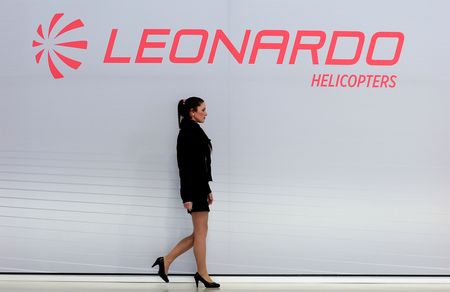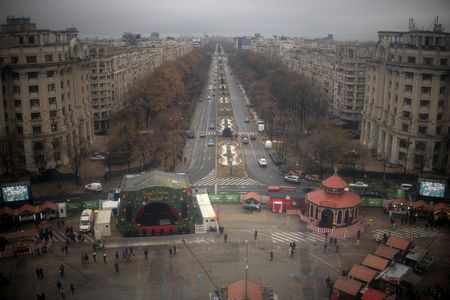By Julia Payne
BRUSSELS (Reuters) – The European Commission has proposed listing 15 additional new entities and individuals to its sanctions framework on Russian hybrid threats as well as individuals suspected of using chemical weapons in Ukraine, EU sources said on Wednesday.
Russia is waging a more than three-year-old full-scale invasion of Ukraine. The world’s chemical weapons watchdog OPCW said in November last year it had found evidence of tear gas use on Ukraine’s frontline with Russia without assigning blame.
The use of riot-control agents such as tear gas as a method of warfare is prohibited under the Chemical Weapons Convention, the non-proliferation treaty overseen by the Organisation for the Prohibition of Chemical Weapons (OPCW). The United States and Ukraine have accused Moscow of violating the convention. The Kremlin has denied these accusations.
EU envoys began discussions on a 17th package of sanctions against Russia on Wednesday that focuses on Russia’s military machine as well as Moscow’s shadow shipping fleet and its support system.
These two packages as well as a third set of measures that would add 25 entities and individuals, mainly the latter, suspected of violating human rights were being discussed in parallel.
As part of the 17th package, member states are expected to agree to list about 140 new ships, mainly tankers, and 70 entities and individuals over the next week. New listings are initiated by the EU’s diplomatic arm, the EEAS, whereas sector-wide sanctions are led by the Commission.
Sources said the EU is likely to list major Russian oil company Surgutneftegaz, which Washington targeted in January as part of a sweeping crackdown on Russia’s energy trade.
(Reporting by Julia Payne; editing by Mark Heinrich, Kirsten Donovan)











